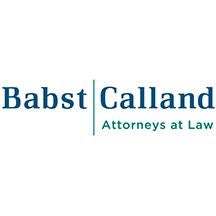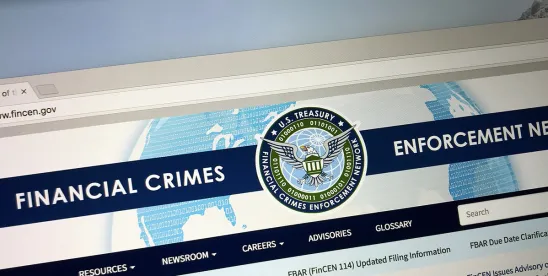As part of our commitment to keeping clients informed about regulatory changes that may impact their business, we want to draw your attention to the uncertainty surrounding the Financial Crimes Enforcement Network (FinCEN) Beneficial Ownership Information Reporting Rule (the “Rule”) under the Corporate Transparency Act (CTA). By now, you have likely heard about this Rule from your accountant or business colleagues. If not, the Rule requires most entities to disclose information about individuals who directly or indirectly own or control such entities. The intended purpose of the Rule is to enhance transparency and combat financial crimes by requiring certain covered entities to report information about their beneficial owners to FinCEN. Most entities in the U.S. will likely be required to comply with the Rule but some might be exempt if your entity meets one of the 23 identified exemptions. Entities formed before January 1, 2024, have until 2025 to comply; entities formed in 2024 have a 90-day compliance period. Pretty straight forward, right? NOPE, NOT AT ALL. The Rule is currently being challenged in the courts on constitutional grounds, and reporting requirements have been paused for certain entities following an injunction issued by the Northern District of Alabama on March 1, 2024, which ruled the CTA unconstitutional. What should your company do in the meantime?
Given the legal uncertainty, many law firms and accounting advisors are declining to advise their clients on their compliance obligations. Babst Calland is not one of those – we are ready to help with all aspects of compliance, from legal analysis of your reporting obligations or exemption therefrom, through the filing process using our firm’s secure technology platform. Given the uncertainty about the constitutionality of the Rule and future enforcement, we are currently advising our clients as follows:
- New entities formed or registered on or after January 1, 2024, and before January 1, 2025, should comply with the applicable reporting requirements and make their filings within 90 calendar days after formation or registration.
- Existing entities formed or registered prior to January 1, 2024, should wait until September 2024 to begin their compliance efforts. This will allow time for further legal challenges or administrative guidance to develop without prematurely expending resources in the event the Rule is modified or suspended.







 />i
/>i

